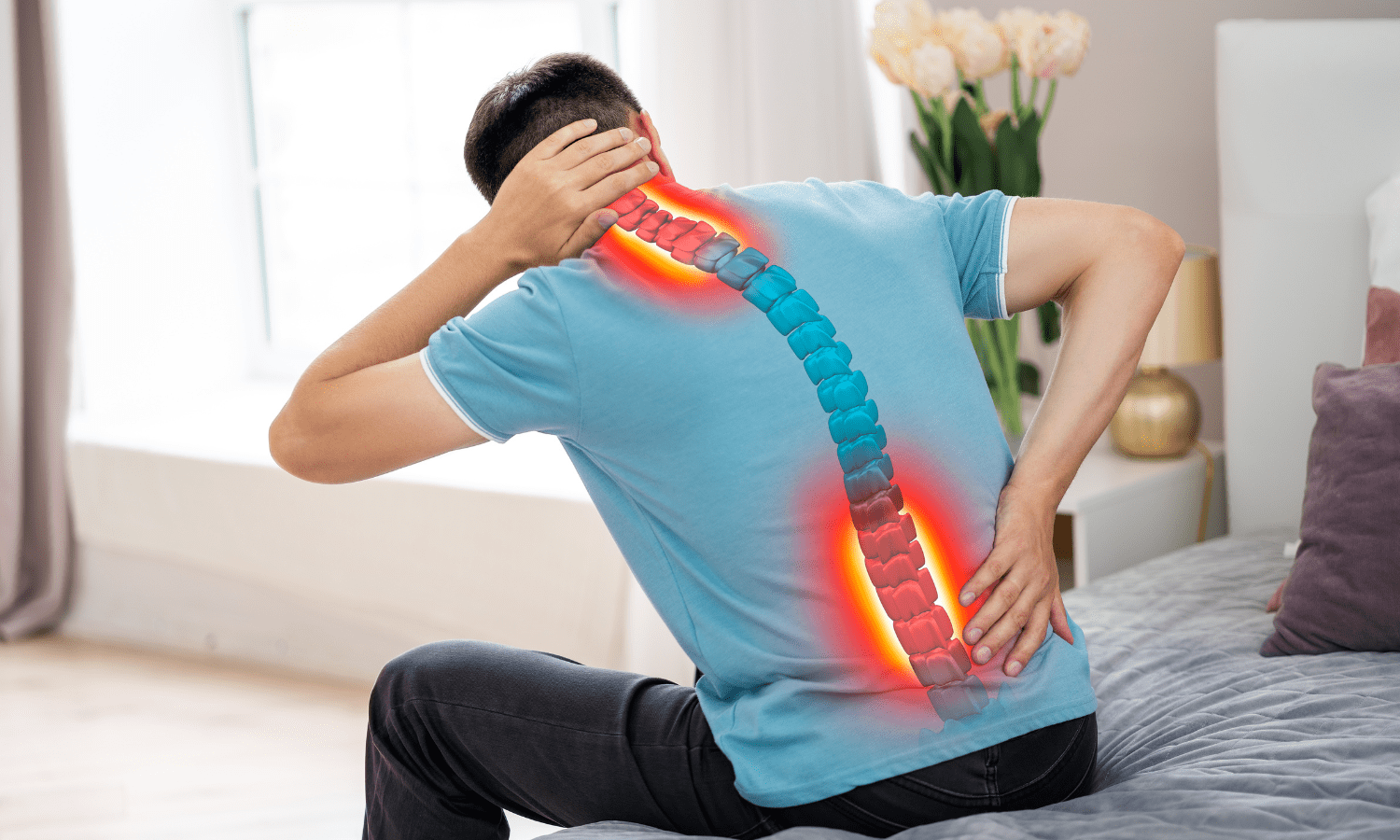What To Expect When Healing From A Compression Fracture?
If you've ever experienced a compression fracture, you know how painful and debilitating it can be. It's a common type of spinal fracture that can significantly impact your daily life. But what can you expect during the healing process? In this blog post, we'll explore what a compression fracture is, how it's diagnosed, treatment options, and what to expect during the healing process.
What is a Compression Fracture?
A compression fracture occurs when one or more of the bones in your spine, known as vertebrae, collapse. This can happen due to a variety of reasons, including osteoporosis, a condition that weakens the bones, making them more susceptible to fractures. Other causes include traumatic injuries, such as falls or car accidents, and certain types of cancer that weaken the bones.
Imagine your spine as a stack of building blocks. If one of the blocks gets crushed, the entire stack becomes unstable. That's what happens when you have a compression fracture. The affected vertebra loses height, which can lead to a hunched posture, known as kyphosis.
Symptoms and Diagnosis of Compression Fractures
So, how do you know if you have a compression fracture? The most common symptom is sudden, severe back pain that gets worse when you stand or walk. You may also experience limited spinal mobility, loss of height, and a hunched posture.
If you're experiencing these symptoms, it's essential to consult a healthcare professional. They will perform a physical examination and may order imaging tests, such as X-rays, CT scans, or MRI, to confirm the diagnosis.
Treatment Options for Compression Fractures
The good news is that there are several treatment options available for compression fractures. The choice of treatment depends on factors such as the cause of the fracture, your age, overall health, and the severity of the fracture.
Non-surgical treatment: This includes pain management with medications, physical therapy to improve mobility and strength, and wearing a spinal brace to provide support and reduce pain. It's like putting a cast on a broken arm, but for your spine.
Surgical treatment: In some cases, surgery may be necessary. Procedures like kyphoplasty and vertebroplasty involve injecting a special cement into the fractured vertebra to stabilize it. It's like filling a pothole in a road to make it smooth and stable again.
Addressing underlying causes: If osteoporosis is the cause of the fracture, your healthcare provider may recommend medications to improve bone density, along with dietary changes and weight-bearing exercises.
What to Expect During the Healing Process
Healing from a compression fracture can take time, and the process varies depending on factors like your age, overall health, and the severity of the fracture. Generally, you can expect the following:
Pain relief: With proper treatment, you should start to experience pain relief within a few weeks. However, it's essential to follow your healthcare provider's recommendations for pain management.
Improved mobility: As you heal, you'll likely notice an improvement in your mobility. Physical therapy can play a crucial role in regaining strength and flexibility.
Posture correction: If you've developed a hunched posture due to the fracture, it may take time to correct it. Wearing a spinal brace and engaging in physical therapy can help.
Lifestyle changes: To support the healing process and prevent future fractures, you may need to make lifestyle changes, such as improving your diet, engaging in weight-bearing exercises, and taking steps to prevent falls.
Remember, healing is a journey, and it's essential to be patient with yourself. Follow your healthcare provider's recommendations, and don't hesitate to ask questions or seek support if you need it.
Ready to Take the Next Step?
A compression fracture can be a painful and challenging experience, but with proper care and treatment, you can expect to make a successful recovery. By understanding the healing process and taking proactive steps to support your recovery, you can get back to enjoying your life. If you're seeking treatment or have questions about compression fractures, don't hesitate to reach out to us at Indiana Vascular. Our team of experts is here to help you every step of the way. Schedule a consultation today and take the first step towards a healthier, pain-free life.
Sources
Cleveland Clinic. Compression Fractures. Retrieved from https://my.clevelandclinic.org/health/diseases/21950-compression-fractures

